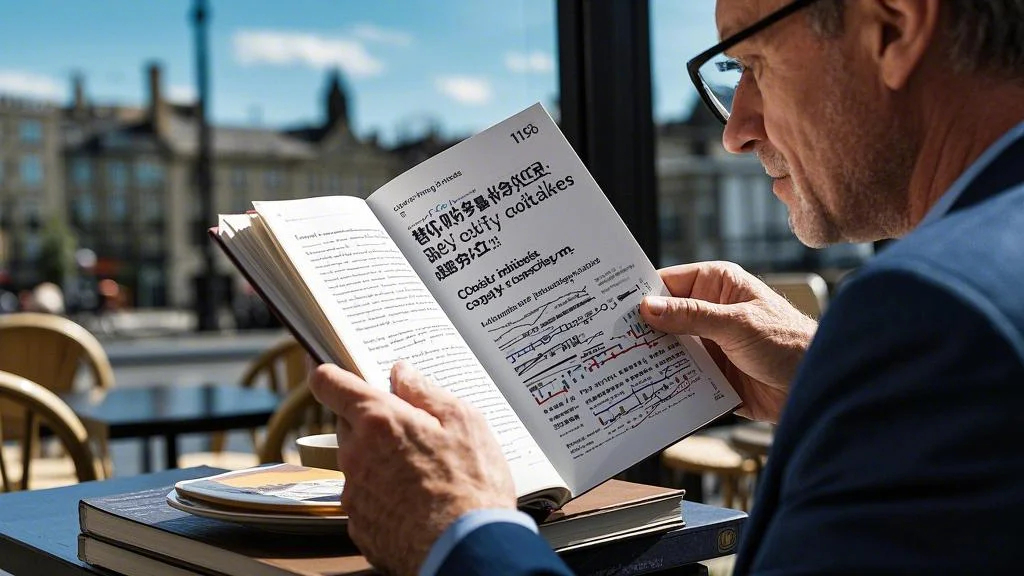The Importance of Strategic Wealth Transfer Planning
For high net worth individuals, wealth transfer is a critical component of long-term financial success. Without a well-thought-out plan, families risk losing a significant portion of their wealth to taxes, legal fees, or mismanagement. A strategic approach to wealth transfer ensures that assets are distributed according to the individual’s wishes while minimizing unnecessary costs. This process involves not only transferring financial assets but also preserving family values, business legacies, and philanthropic goals. By addressing potential challenges early, individuals can avoid costly mistakes and ensure a smooth transition of wealth to the next generation.
One of the key elements of successful wealth transfer is aligning it with broader financial goals, such as achieving financial independence and securing a comfortable retirement. This requires a comprehensive plan that integrates retirement planning, tax-efficient strategies, and the use of alternative investments. By taking a holistic approach, individuals can ensure that their wealth transfer plan supports their overall financial objectives while providing for their heirs in a meaningful way.
Financial Independence: A Foundation for Effective Wealth Transfer
Achieving financial independence is a cornerstone of effective wealth transfer planning. This means having sufficient resources to maintain one’s desired lifestyle without relying on others for financial support. For high net worth individuals, financial independence often involves building a diversified portfolio that includes traditional assets like stocks and bonds, as well as alternative investments such as real estate, private equity, and hedge funds. These investments can provide higher returns and lower correlation to traditional markets, helping to preserve wealth over the long term.
In addition to building a robust investment portfolio, achieving financial independence requires careful retirement planning. This includes estimating future expenses, maximizing contributions to tax-advantaged accounts, and creating a sustainable withdrawal strategy. By ensuring their own financial security, individuals can focus on transferring wealth to their heirs without compromising their own lifestyle. This approach not only benefits the current generation but also sets a strong foundation for future generations to build upon.
Retirement Planning: Integrating Wealth Transfer into Your Financial Strategy
Retirement planning and wealth transfer are deeply interconnected. For many individuals, retirement marks the beginning of a new phase in life where they can focus on passing their wealth to the next generation. However, without proper planning, this transition can be fraught with challenges. A well-structured retirement plan ensures that individuals have the resources they need to enjoy their golden years while also setting aside assets for their heirs.

One effective strategy is to use tax-advantaged accounts, such as IRAs and 401(k)s, to fund retirement while preserving other assets for wealth transfer. Additionally, incorporating alternative investments into the retirement portfolio can provide diversification and enhance long-term returns. For example, real estate investments can generate rental income during retirement while appreciating in value over time. By integrating retirement planning with wealth transfer strategies, individuals can achieve both personal and generational financial security.
Alternative Investments: Enhancing Wealth Transfer Strategies
Alternative investments play a vital role in effective wealth transfer planning. Unlike traditional investments, such as stocks and bonds, alternative investments offer unique benefits, including higher potential returns, lower market correlation, and tax advantages. These assets can include private equity, hedge funds, real estate, and even collectibles like art or wine. By diversifying into alternative investments, individuals can protect their wealth from market volatility and ensure a smoother transfer to the next generation.
One of the key advantages of alternative investments is their ability to generate income and appreciation over the long term. For example, real estate investments can provide steady rental income while appreciating in value, making them an excellent tool for wealth transfer. Similarly, private equity investments can deliver substantial returns, although they often require a longer investment horizon. By incorporating these assets into their portfolio, individuals can enhance their tax efficiency and ensure that their wealth is preserved for future generations.
Tax Efficiency: Minimizing the Cost of Wealth Transfer
One of the biggest challenges in wealth transfer is managing the tax implications. Without proper planning, taxes can erode a significant portion of the wealth being transferred. Achieving tax efficiency requires a combination of strategies, including gifting, trusts, and the use of tax-advantaged accounts. For example, gifting assets during one’s lifetime can reduce the taxable estate while providing immediate benefits to heirs. Similarly, establishing trusts can protect assets from estate taxes and ensure they are distributed according to the individual’s wishes.
Another effective strategy is to leverage alternative investments that offer tax advantages. For instance, investing in Opportunity Zones can defer or eliminate capital gains taxes, while also supporting economic development in underserved areas. Additionally, charitable giving can provide tax deductions while supporting causes that align with the individual’s values. By focusing on tax efficiency, individuals can maximize the amount of wealth transferred to their heirs and minimize the impact of taxes on their estate.
Conclusion: Building a Legacy Through Thoughtful Wealth Transfer
Effective wealth transfer requires careful planning and a comprehensive approach that integrates financial independence, retirement planning, and tax efficiency. By incorporating alternative investments into their portfolio, individuals can enhance their wealth preservation and transfer strategies. Additionally, working with experienced advisors can help navigate the complexities of wealth transfer, ensuring that the process is smooth and cost-effective. With thoughtful planning, individuals can build a lasting legacy that provides for future generations while achieving their own financial goals.
